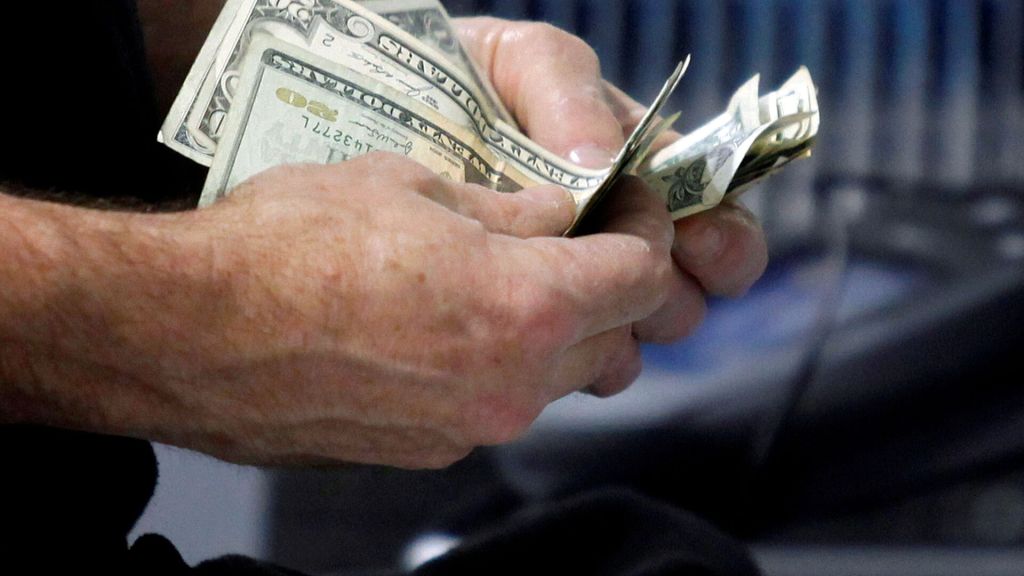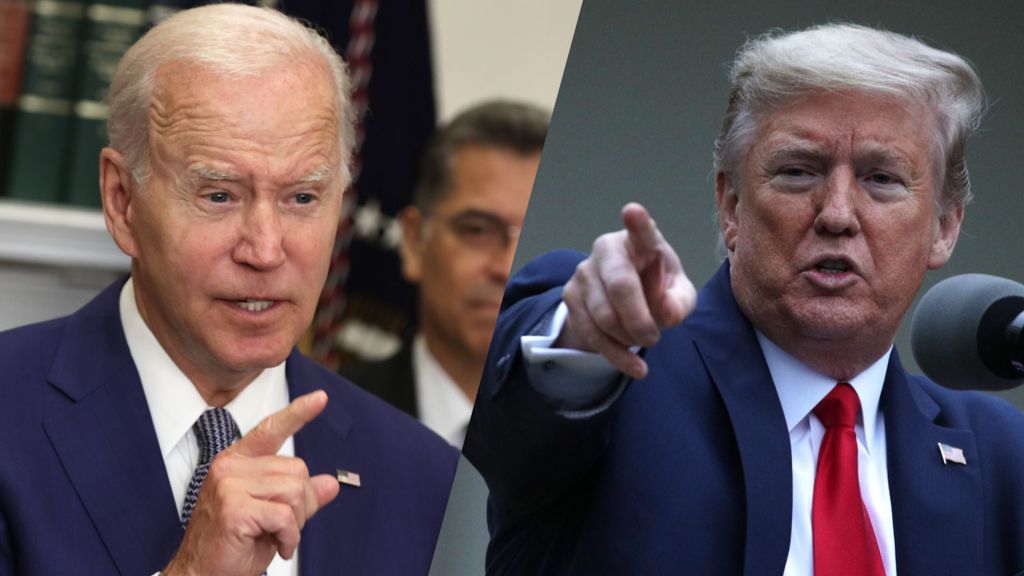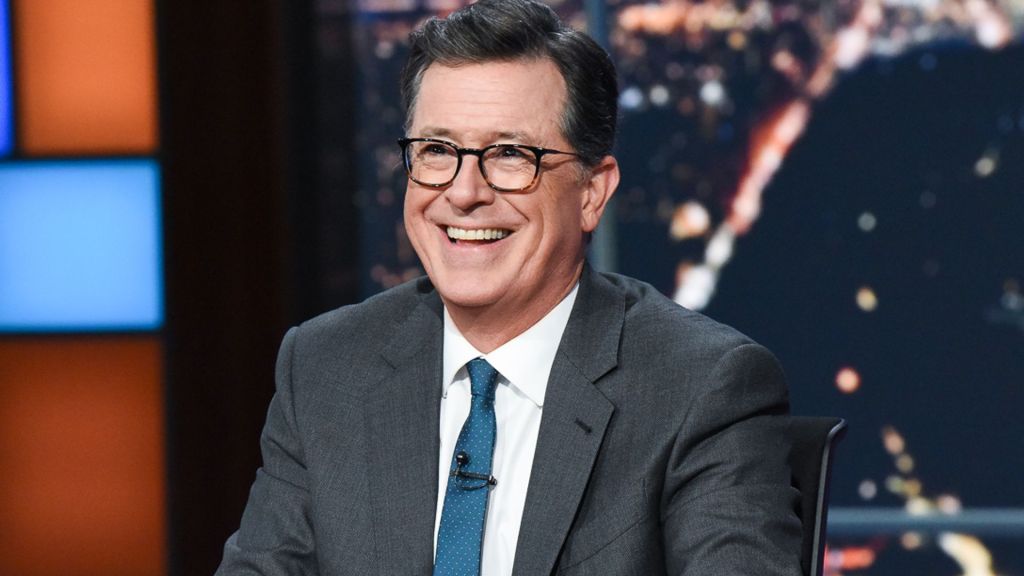“Compensation costs for civilian workers increased 1.3%, seasonally adjusted, for the 3-month period ending in September 2021,” The Labor Department also reported Friday. “Wages and salaries increased 1.5% and benefit costs increased 0.9% from June 2021.”
The 1.5% wage jump is the highest seen in the department’s 20-year history of keeping such records. Lower-paid workers have seen the biggest gains. Pay rose for employees at restaurants, bars and hotels by 8.1% in the third quarter compared to a year ago. For retail workers, that number is 5.9%.
Despite rising wages, Friday’s Commerce Department report also showed personal incomes actually fell 1% in September. That’s the sharpest decline in four months.
Meanwhile, a key inflation barometer that is closely followed by the Federal Reserve surged 4.4% last month from a year earlier. That’s the largest inflation rise since 1991.
Despite inflation’s rise, the concurrent rise in pay has appeared to keep pace in recent months. According to economists, the 1.5% increase in wages and salaries in the third quarter is ahead of the 1.2% increase in inflation during that period.
However, compared with a year ago, it’s a closer call. In the year ending in September, wages and salaries soared 4.2%. While also a record gain, it is just short of that 4.4% rise in inflation.
According to Friday’s Commerce Department report, the category of spending that includes government benefits plunged 7%. This was likely the result of emergency federal programs, including expanded unemployment benefits, expiring.
Economists remain hopeful for a bounce-back in the current quarter. They cite declining COVID-19 cases, rising vaccination rates, more business investment and more Americans venturing out to spend money. Many analysts think the economy will rebound at a solid annual growth rate of at least 4% in the fourth quarter.







